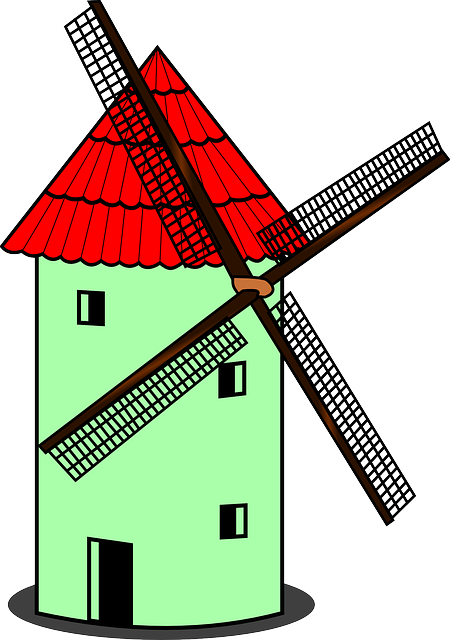A lesson to learn the comparatives and superlatives in English with grammar explanations, exercises and suggestions for games and role-plays.
Comparison Of Adjectives in English.
Level:
This lesson can be used on all ages of beginning to elementary students.
Target:
The aim of this lesson is to learn and practice the comparison of adjectives in English.
Content

All downloads are in PDF format
DOWNLOAD THE PDF FOR FREE

COMPARISON OF ADJECTIVES
FORMING THE COMPARATIVE AND SUPERLATIVE
| Number of syllables | Comparative | Superlative |
| one syllable | + -er | + -est |
| tall | taller | tallest |
| one syllable with the spelling consonant + single vowel + consonant: double the final consonant: | ||
| fat | fatter | fattest |
| big | bigger | biggest |
| sad | sadder | saddest |
| Number of syllables | Comparative | Superlative |
| two syllables | + -er OR more + adj | + -est OR most + adj |
| ending in: -y, -ly, -ow ending in: -le, -er or -ure these common adjectives – handsome, polite, pleasant, common, quiet | ||
| happy | happier/ more happy | happiest/ most happy |
| yellow | yellower/ more yellow | yellowest/ most yellow |
| simple | simpler/ more simple | simplest/ most simple |
| tender | tenderer/ more tender | tenderest/ most tender |
| If you are not sure, use MORE + OR MOST + Note: Adjectives ending in ‘-y’ like happy, pretty, busy, sunny, lucky etc:. replace the -y with –ier or -iest in the comparative and superlative form | ||
| busy | busier | busiest |
| Number of syllables | Comparative | Superlative |
| three syllables or more | more + adj | most + adj |
| important | more important | most important |
| expensive | more expensive | most expensive |
Examples:
a. A cat is fast, a tiger is faster but a cheetah is the fastest
b. A car is heavy, a truck is heavier, but a train is the heaviest
c. A park bench is comfortable, a restaurant chair is more comfortable, but a sofa is the most comfortable

IRREGULAR COMPARATIVES AND SUPERLATIVES
These adjectives have completely irregular comparative and superlative forms:
| Adjective | Comparative | Superlative |
| good | better | best |
| bad | worse | worst |
| little | less | least |
| much | more | most |
| far | further / farther | furthest / farthest |

THE + SUPERLATIVE
‘the’ is placed before the superlative:
For example: He is the richest man in the world.
COMPARATIVE + THAN
To compare the difference between two people, things or events.
Examples:
Mt. Everest is higher than Mt. Blanc.
Thailand is sunnier than Norway.
A car is more expensive than a bicycle.
Albert is more intelligent than Arthur

AS + ADJECTIVE + AS
To compare people, places, events or things, when there is no difference, use as + adjective + as:
Peter is 24 years old. John is 24 years old. Peter is as old as John.
More examples:
Moscow is as cold as St. Petersburg in the winter.
Ramona is as happy as Raphael.
Einstein is as famous as Darwin.
A tiger is as dangerous as a lion.

NOT AS + ADJECTIVE + AS
Difference can also be shown by using not so/as …as:
Mont Blanc is not as high as Mount Everest
Norway is not as sunny as Thailand
A bicycle is not as expensive as a car
Arthur is not as intelligent as Albert
COMPARISONS OF QUANTITY
To show difference: more, less, fewer + than
To show no difference: as much as , as many as, as few as, as little as
To show difference: more, less, fewer + than
Examples:
With countable nouns: more / fewer
Eloise has more children than Chantal.
Chantal has fewer children than Eloise.
There are fewer dogs in Cardiff than in Bristol
I have visited fewer countries than my friend has.
He has read fewer books than she has.
With uncountable nouns: more / less
Eloise has more money than Chantal.
Chantal has less money than Eloise.
I spend less time on homework than you do.
Cats drink less water than dogs.
This new dictionary gives more information than the old one.
So, the rule is:
MORE + nouns that are countable or uncountable
FEWER + countable nouns
LESS + uncountable nouns
To show no difference: as much as , as many as, as few as, as little as
as many as / as few as + countable nouns
as much as / as little as + uncountable nouns
Examples:
With countable nouns:
They have as many children as us.
We have as many customers as them.
Tom has as few books as Jane.
There are as few houses in his village as in mine.
You know as many people as I do.
I have visited the States as many times as he has.
With uncountable nouns:
John eats as much food as Peter.
Jim has as little food as Sam.
You’ve heard as much news as I have.
He’s had as much success as his brother has.
They’ve got as little water as we have.

If you would like to practice online, you can check out this fun game online on this website: https://www.gamestolearnenglish.com/comparatives/
Here are some games to practice the comparatives and superlatives on Wordwall:

[wpdm_package id=’28159′]
Take a look at more role-plays here!






